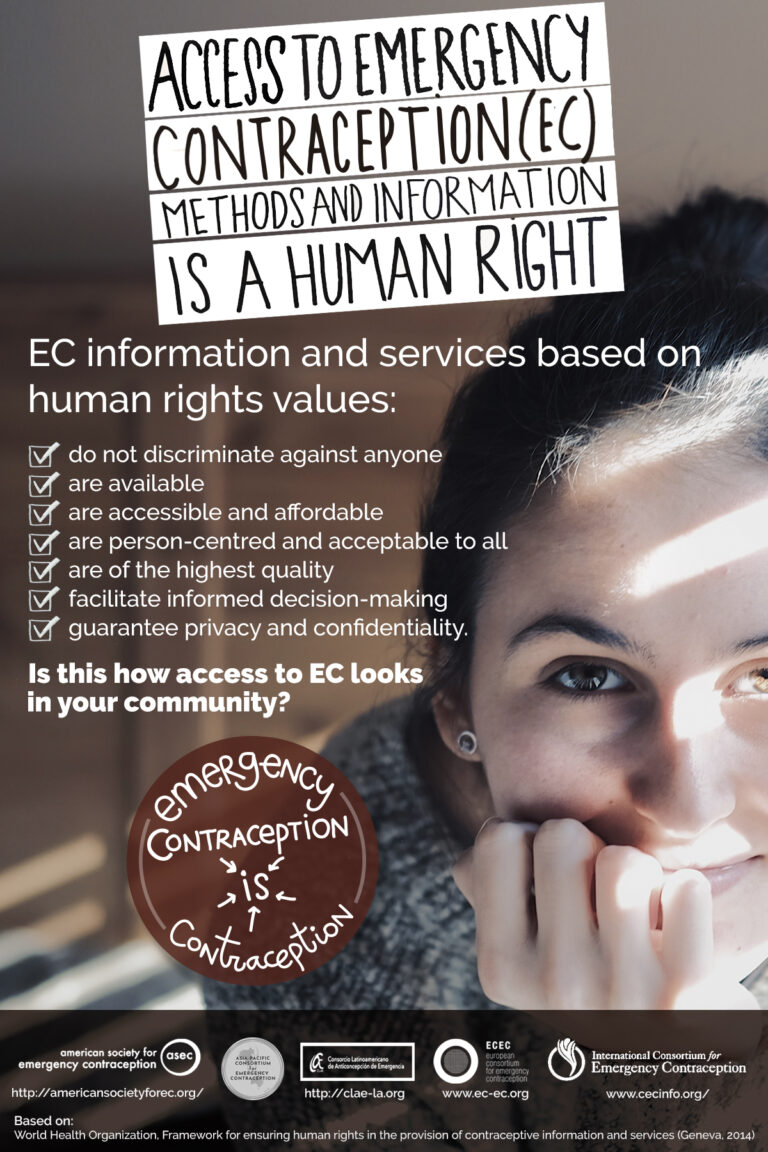Impact of OTC EC Access in Switzerland
Amid concerns that OTC (over the counter) EC access might result in less efficient use of contraceptive methods, overuse, and riskier sexual behavior, Swiss researchers studied whether the behaviors of EC users have changed since EC was made OTC in 2002. The researchers studied the profiles of EC users in a pharmacy in the city of Zurich one and six years after EC was made OTC and analyzed age, contraceptive methods used, reasons for EC use, and last contact with a gynecologist. The study found that OTC EC access had no impact on regular contraceptive behavior, as the percentage of pill and condom users was very high (85%) and the percentage of EC users without any contraception remained consistent over the years (17-18%). However, six years after EC was made OTC, condom rupture was reported more frequently, and significantly more women reported having used EC previously in their history. The authors concluded that OTC EC access has not resulted in less use of efficient contraceptive methods, even among adolescents, who reported using EC mainly as a back-up method and seldom in the context of unprotected intercourse.



